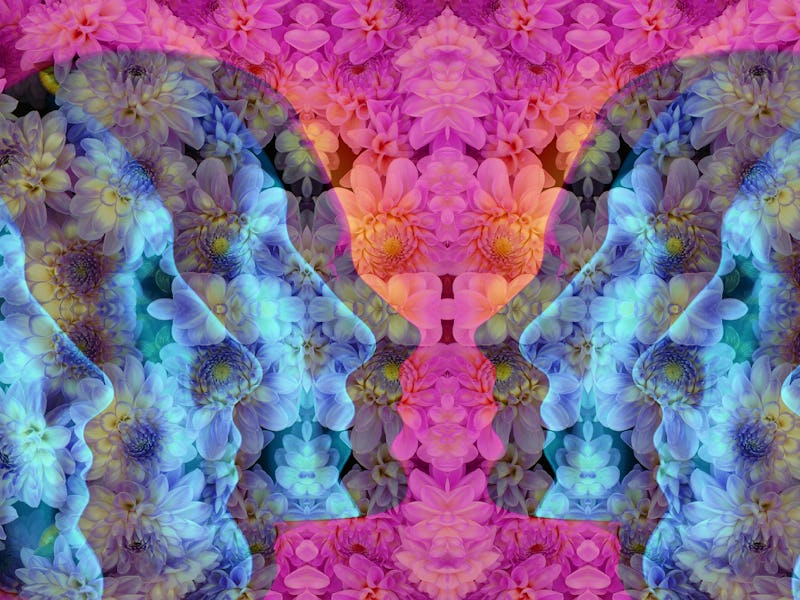Psychedelic study reveals how LSD changes the brain
"Now we know how psychedelic drugs work — finally!"

The drug LSD, or lysergic acid diethylamide, is infamous for the long and intense trips it induces. But the psychedelic drug is also thought to hold potential as a powerful treatment for serious psychiatric conditions, such as depression and substance abuse disorders.
But to fully investigate this potential, scientists have to know everything about the drug’s mechanism of action. One missing piece of the puzzle was exactly how LSD affects the brain at a molecular level — a detail that has long eluded scientists.
Inverse is counting down the 20 stories redefining 'human' from 2020. This is number 14. See the full list here.
In a study published this September, a team of researchers announced they finally determined what happens. After a "fair amount of trial and error," the team determined LSD binds to a protein containing a specific amino acid. The protein, in turn, is on serotonin receptors. Once the binding occurs, the trip starts.
This study marks the first time scientists have observed LSD binding to a protein in the brain, igniting the psychedelic experience.
"Now we know how psychedelic drugs work — finally!" lead author Bryan Roth, a pharmacologist and psychiatrist at The University of North Carolina School of Medicine, told Inverse. "Now we can use this information to, hopefully, discover better medications for many psychiatric diseases."
The team used X-ray crystallography and cryo-electron microscopy to create 3D images of the compound bound to these receptors. "In a sense, we have a picture of the initial psychedelic event at the molecular level," Roth said.
Learning the mechanics of how these drugs work their magic in the brain is crucial to uncovering their therapeutic potential. Ignored and outlawed for decades, psychedelics are experiencing an exciting revival in medical research.
"Our ultimate goal,” Roth said, “is to see if we can discover medications which are effective, like psilocybin, for depression but do not have the intense psychedelic actions.”
Inverse is counting down the 20 stories redefining 'human' from 2020. This is number 14. Read the original story here.